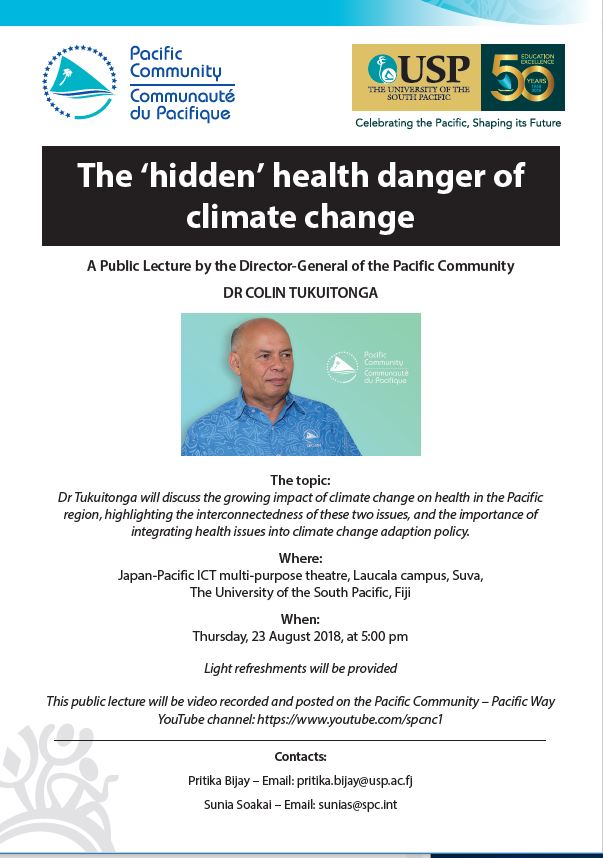23rd Pacific Public Health Surveillance Network Coordinating Body Meeting
The key objective of the meeting is to review, discuss and make recommendations about PPHSN services (PacNet, LabNet, EpiNet, PICNet, PSSS and SHIP/DDM capacity development programme) to Pacific Heads of Health.

